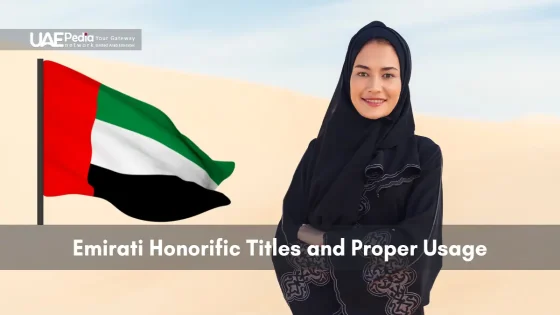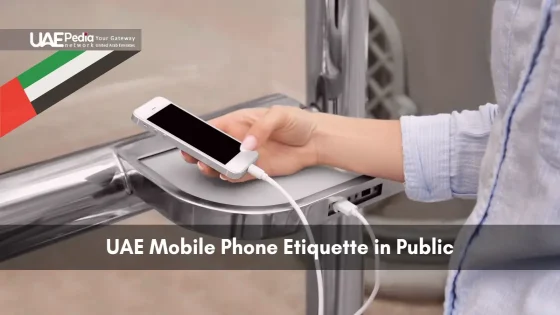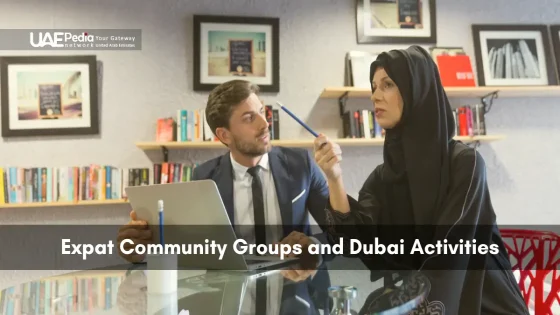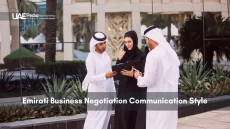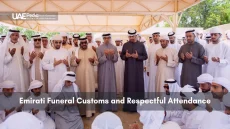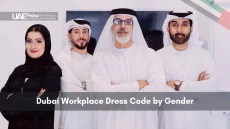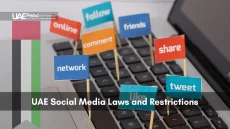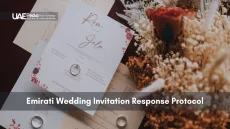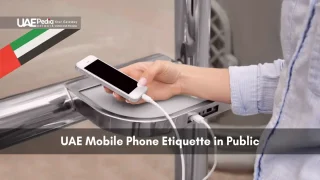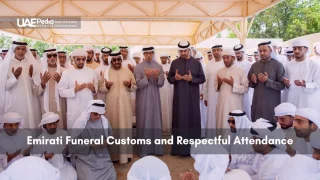Did you know that a single word can unlock doors or unintentionally close them in the Emirates? While many visitors focus on burqas and kanduras as cultural symbols, names hold equal weight here. Getting them right isn’t just polite—it’s a passport to trust.
In a nation where tradition meets hyper-modernity, addressing someone correctly bridges worlds. A misplaced “Sheikh” or rushed greeting might ripple through business deals or neighborhood chats. But don’t stress—we’ve walked this path before, from corporate majlis meetings to family ghahwa gatherings.
Emirati professional and social interactions hinge on precise use of honorifics and naming conventions derived from Bedouin lineage systems. Names follow the pattern [First Name] [Father’s Name] [Family/Tribe]; omitting any element is perceived as disregard for ancestry. Titles such as “Sheikh,” “Sayyid,” or “Dr.” are mandatory in initial business or formal contact and must be retained until the counterpart explicitly invites a shift. Business cards are exchanged right-hand-to-right-hand, treated as ceremonial objects; left-hand usage or casual handling is considered a breach of etiquette.
Gender protocols mirror the same formality, address women with professional or academic titles unless instructed otherwise, and allow women to initiate any physical greeting. In mixed gatherings, equal verbal engagement is expected. Observation-adaptation-engagement is the recommended sequence: watch for non-verbal cues, mirror posture and proximity, then proceed. These practices reduce transactional friction and establish the trust capital essential for sustained commercial and social relationships in the UAE.
This guide decodes what you need for confident connections:
- Why these social shortcuts matter more than business cards
- When formal titles shift to warm nicknames
- How to avoid the three most common slip-ups
Consider it your cultural GPS for building relationships where respect meets genuine curiosity. Ready to turn “I’ll Google it later” into “Shukran, my friend”?
Understanding the Emirati Cultural Context of Honorific Titles
Imagine a desert where every name whispers centuries of stories. Here, what you’re called isn’t just an ID—it’s a living map of dunes, palm groves, and family sagas. Let’s unpack why getting this right matters more than memorizing etiquette rules.
Where Sand Meets Legacy
Bedouin roots shape how people here view identity. Tribal ties once decided survival in harsh landscapes. Names like Al-Mazrouei or Al-Falahi still signal ancestral trades or regions—a quick way to spot shared history.
| Name Element | Meaning | Cultural Role |
|---|---|---|
| Sabah | First name | Personal identity |
| Al-Ahmad | Father’s name | Lineage marker |
| Al-Sabah | Family/tribe | Social anchor |
Use your right hand for handshakes and exchanges—this adherence to local custom prevents unintended offense. Ref.: “RemoFirst Team. (2024). UAE Business Culture: 10 Things You Need to Know. RemoFirst.”
The DNA of Greetings
Arab naming conventions stack generations like Russian dolls. Take Sabah Al-Ahmad Al-Jaber Al-Sabah—each layer reveals parents, grandparents, and tribe. Miss one, and you’re skipping chapters in someone’s story.
We’ve seen coffee chats transform when visitors ask about name origins. It shows you care about more than transactions—you’re investing in asl (roots). That’s how trust blooms in shifting sands.
Read More:
Emirati Honorific Titles and Proper Usage in Social and Business Settings
Ever walked into a room where names act as secret handshakes? In the UAE’s blend of skyscrapers and souks, how you address others becomes your unspoken résumé. Let’s crack the code for making every interaction count.
First Impressions: The Art of the Introduction
Business meetings here often start with titles, not first names. Use Sheikh or Sayyid until invited otherwise—like waiting for dessert after the main course. A Dubai HR director once shared: “Handing over your card with two hands? That’s the local equivalent of a firm handshake.”
- Start formal: “Good morning, Sheikh Khalid” beats “Hey, Khalid”
- Wait for cues: Switch to first names only after they do
- Card protocol: Present/accept business cards like cherished heirlooms
Gender Dynamics: Reading Between the Lines
When addressing women in professional settings, default to formal titles unless instructed otherwise. A 2023 Gulf Business survey found 78% of female executives prefer Dr. or professional titles over casual greetings. With men, a warm As-salamu alaykum often bridges formal and friendly tones.
Eighty percent of UAE women surveyed named clear career‐progression opportunities as key—highlighting why correct titles matter particularly for female executives. Ref.: “Isabel Neiva. (2023). UAE women ready to take on corporate leadership roles. Gulf Daily News.”
Physical contact? Let them lead. Many local women prefer nods to handshakes—watch for extended palms. In mixed groups, direct questions to both genders equally. It’s not just polite; it’s smart business etiquette that builds lasting relationships.
Practical Tips for Applying Emirati Honorific Titles in Everyday Interactions
Picture this: your handshake becomes a bridge between skyscrapers and sand dunes. Getting these moments right transforms awkward encounters into genuine connections. Let’s explore how to navigate professional spaces while honoring local customs.
Business Meeting Blueprint
First impressions in business meetings set the tone. Start with formal titles like “Sheikh” or “Dr.”—even if others seem casual. A Dubai-based CEO once advised: “Treat names like fragile porcelain. Handle with care until given permission to relax.”
| Scenario | Best Approach | Avoid |
|---|---|---|
| Initial greeting | “Good afternoon, Sheikh Ahmed” | “Hi, boss!” |
| Card exchange | Offer/receive with right hand | Tossing cards on table |
| Follow-up emails | Use full name + title | Nicknames or abbreviations |
UAE leadership now tops the GCC with 14.8% female board representation in 2025, underscoring the growing importance of formal honorifics in corporate governance. Ref.: “GCC board gender diversity rises to 6.8% in 2025, UAE leads with 14.8%. (2025). Gulf Business.”
The Handshake Handbook
In the Middle East, hands speak volumes. Always use your right hand—the left carries cultural taboos. A firm but brief grip works best. For women, wait for their cue: some prefer palm-to-heart gestures over physical contact.
- Step 1: Make eye contact with a warm smile
- Step 2: Extend right hand slightly below shoulder height
- Step 3: Accompany with “As-salamu alaykum”
Overly formal use of titles without timely invitation to use first names can slow rapport-building and create unnecessary distance. Ref.: “AustinContrarian. (2024). UAE Business Etiquette Guide. AustinContrarian.”
Cultural Cocktail Navigation
Mixed environments require social radar. At networking events, mirror others’ proximity—arms-length distance usually works. When unsure, ask open questions: “How should I address your colleague?” shows respect without assumptions.
Remember these three anchors: Observe first, adapt second, engage third. This way maintains professionalism while building trust across cultures. After all, good etiquette isn’t about perfection—it’s about showing you care enough to try.
Final Reflections for a Respectful UAE Experience
Navigating cultural nuances here is like learning a new dance—every step matters. Start with formal titles in business meetings, then follow your host’s lead toward first-name ease. That pause before switching? It’s the rhythm of respect.
Time bends differently in the Middle East. Arrive early for appointments, but don’t rush conversations. A CEO once told me: “We measure minutes in coffee sips here.” Watch hand gestures—right palms for greetings, left hands behind backs. Women often set the physical contact rules.
Build bridges through curiosity. Ask about family histories before diving into deals. In a country where status shapes interactions, listening earns more trust than talking. Remember: business culture here blends ancient traditions with global ambition.
Your ultimate cheat code? Observe local communication patterns like a hawk. Mirror how people stand, when they laugh, how they share cards. These silent signals speak louder than any title.
Walk into your next meeting ready to adapt—not just follow rules. The UAE rewards those who blend respect with genuine connection. After all, every lasting relationship here begins with two words: Shukran and sincerity.
Use "Sayyida" (Lady) followed by their first name unless instructed otherwise. Wait for cues—some may offer a handshake, while others prefer verbal greetings. When in doubt, mirror their body language and prioritize respectful titles over casual familiarity.
Absolutely. Titles like "Sheikh" (for royal family members) or "Sheikha" signal respect for status and heritage. Start formal, then adapt if they suggest using first names. Missteps here can unintentionally strain trust—think of it as cultural groundwork for successful partnerships.
Offer your right hand with a gentle grip. Men should wait for women to initiate handshakes. A slight nod or placing your right hand over your heart works if physical contact feels uncertain. Eye contact? Keep it warm but not intense—balance is key.
Observe first. In global hubs like Abu Dhabi, many Emiratis blend tradition with modernity. Listen for how others address them—"Mr." or "Ms." might follow Arabic names. When unsure, ask politely: "How would you prefer I address you?" It shows effort, not ignorance.
Let them lead. Some younger professionals in Sharjah’s tech scene might say, "Call me Ahmed!" quickly. Older generations or government roles often stick to titles longer. If they switch to your first name, reciprocate—but keep the tone respectful, not overly casual.
